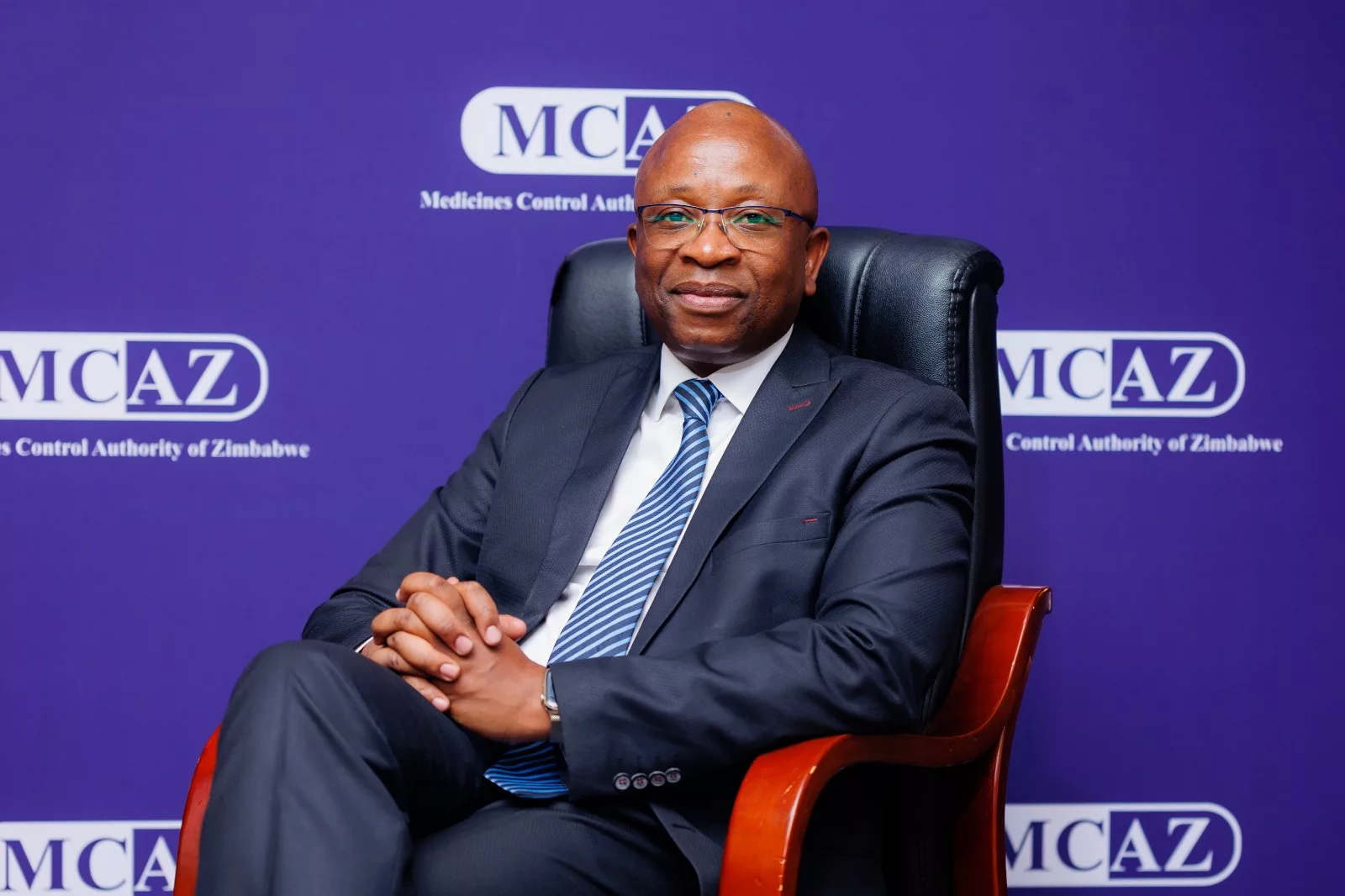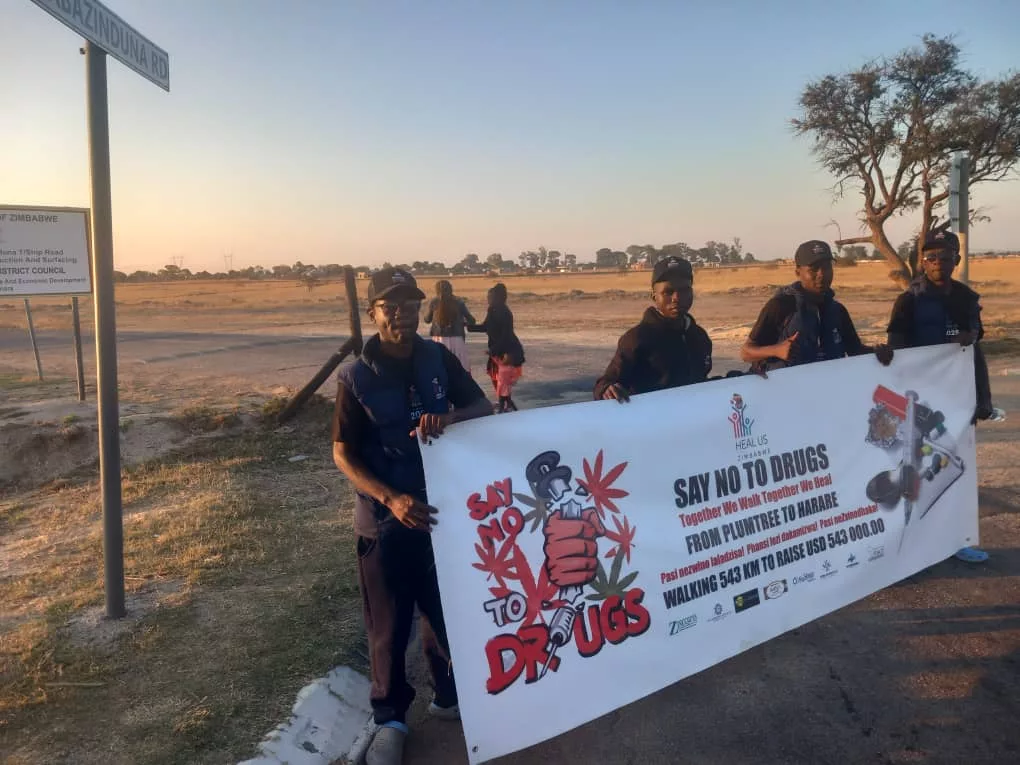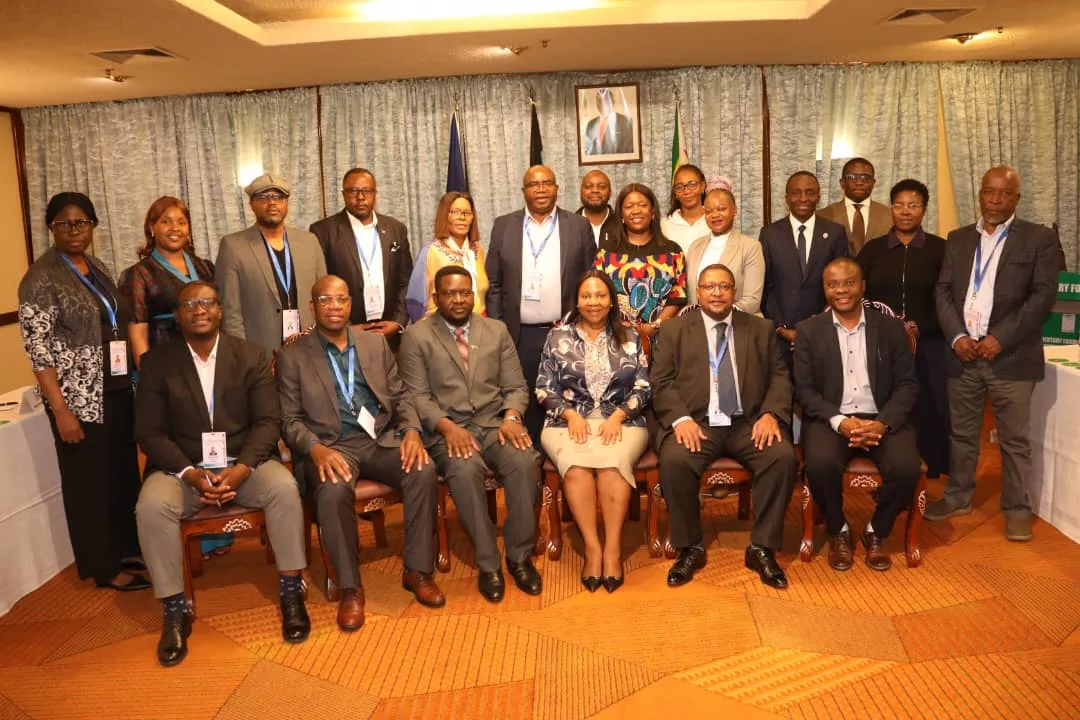|
Getting your Trinity Audio player ready...
|
By Chimeno Azriel
People with disabilities (PWDs) are facing many challenges in this era of the Covid 19 pandemic. Chief among them are economic challenges spurring them to be neglected, labelled, reduced, and denied opportunities to own businesses. This was openly discussed during the National Disability Talk Show which was facilitated by Memory Mudzani.
During the show, it emerged that persons with disabilities are not formally employed and the majority of them survive on handouts from caregivers and donors. With Covid 19, some caregivers and donors are no longer active. Most of the programs are either suspended or cancelled.
“Non-Governmental Organisations uses to donate to persons with disabilities but unfortunately most of the programs have been shelved due to the pandemic, leaving them highly exposed to poverty,” said Mudzani.
“Before the virus, we used to have donors from our country and outside but most of the international donors are no longer coming forward since they are concentrating in their countries,” commented one participant.
These challenges have reduced people with disabilities to paupers, poverty-stricken and impoverished citizens. It was also noted that persons with disabilities also used to survive from vending and begging but with strict restrictions on movement, most people lost their jobs hence few people to assist them.
The pandemic has also affected the education of PWDs children and siblings like everyone else. Children used to learn at normal schools time-table but currently, the schools have been closed and learners are now being assisted online by their teachers but some of the children from those with disabilities are not able to attend lessons.
“Education of children who hail from disadvantaged groups was affected. The majority of PWDs do not have access to the Internet, smartphones, laptops, and even data in order to attend online lessons,” said Mudzani.
People with disabilities are now exposed to depression and anxiety due to isolation as the environment they are now confined to is now restrictive because of social distance and movement restrictions. Some have disabilities that need personal care but social distance is now forcing people to abandon them.
“Due to the pandemic, persons with disabilities’ environment have become more restricted leading to isolation and is increasing levels of depression and anxiety,” said Mudzani added.
Participants encouraged the Government to involve persons with disabilities in the decision-making processes so that their concerns are met. They advocated the engagement of stakeholders and legislators so that they get to know their needs. The panel also suggested that more programs on awareness must be done on social media about their needs and challenges. PWDs are calling for the creation of self-help projects for them so that they will not entirely rely on handouts, donations and welfare grants from the Government, which have since stopped.






